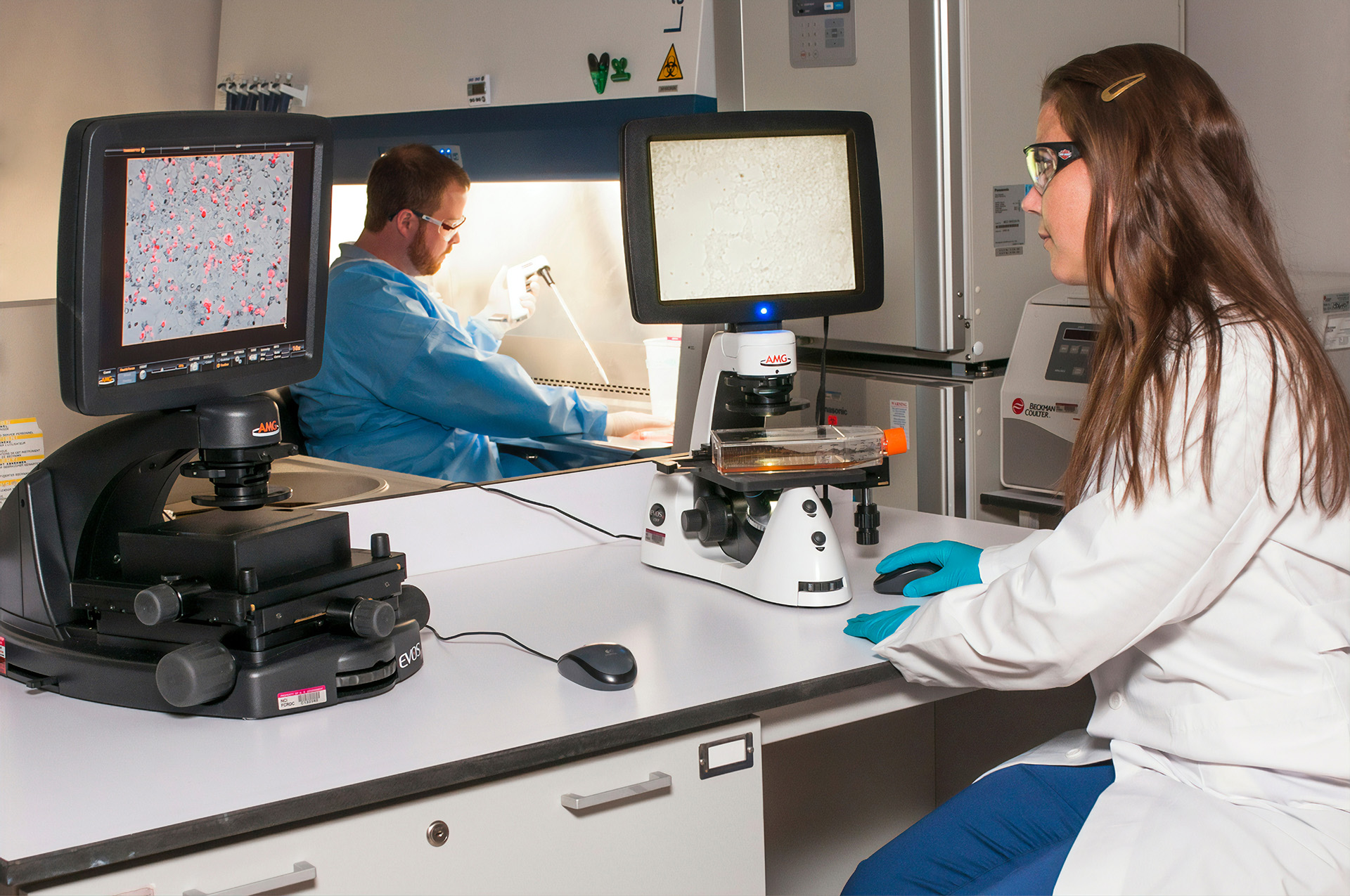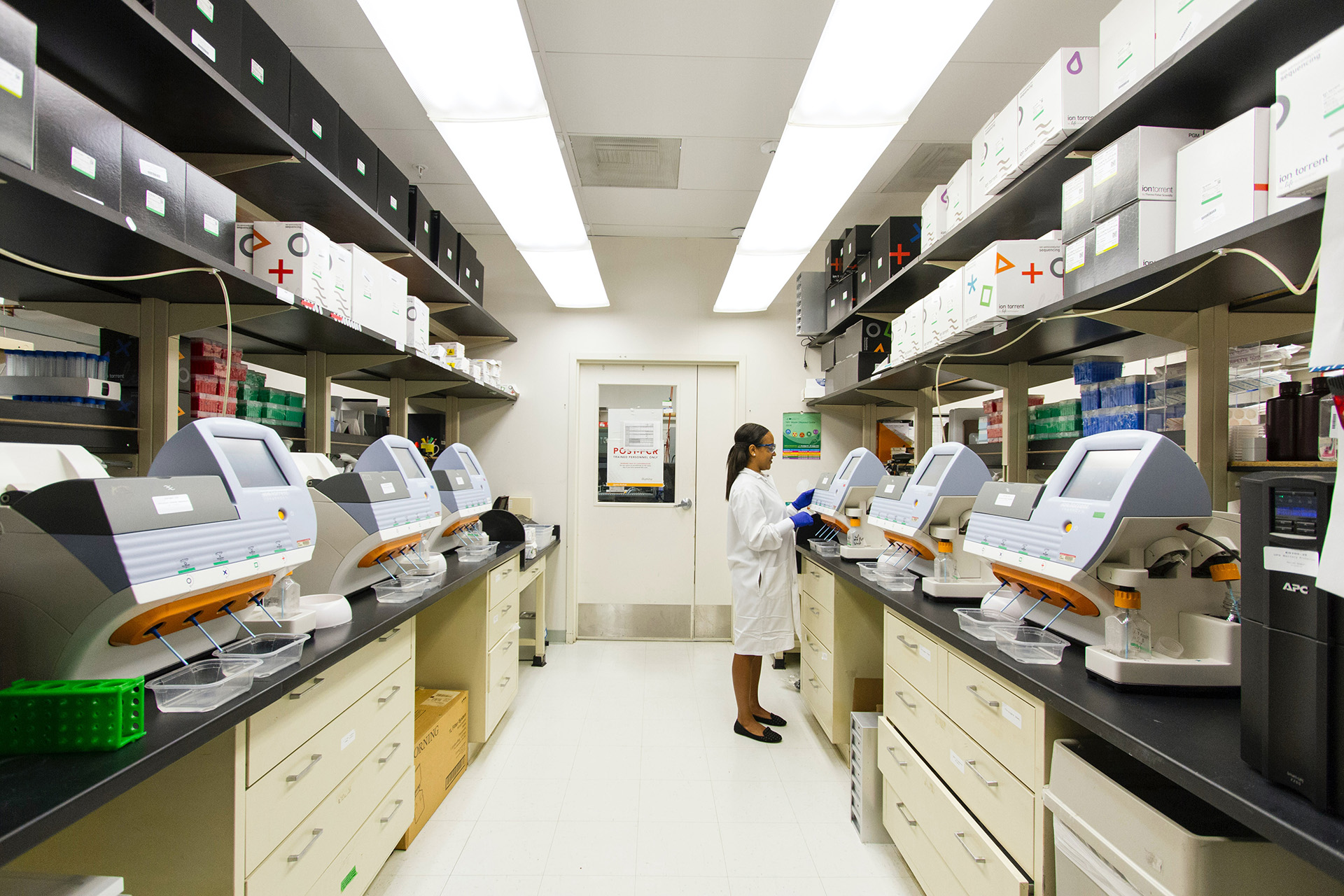LIBRA Funds World First

This year an important genetic research project focussing on Aplastic Anaemia (AA) and related blood cancers is being carried out at King’s College Hospital in London with the support of The Lions International Blood Research Appeal (LIBRA). It is believed the results of this research project will go on to benefit AA patients across the globe by helping medical experts determine the best treatment paths and to better understand which patients with AA are more likely to go on to develop blood cancers including Acute Myeloid Leukaemia.
AA is a life-threatening condition, characterised by the relatively rapid onset of bone marrow failure. This leads to severe peripheral blood pancytopenia, causing anaemia, life threatening infections and or bleeding. Untreated the condition has a high morbidity and mortality. For those who recover from AA, there is a real risk of developing Acute Myeloid Leukaemia or Myelodysplastic Syndromes. Between 10- 15% of patients go on to develop one of these severe disorders.
Given King’s College Hospital’s global dominance in research into this disease, it was recently selected as the site to carry out research on samples obtained from 210 patients with AA, treated throughout Europe as part of a clinical trial. The trial involved randomisation between standard immunosuppressive treatment along with a drug that stimulates bone marrow stem cells and other haemopoietic cells. The King’s team have successfully carried out the genetic part of the study on this globally unique sample set.

To complete the research Professor of Haemato-oncology Ghulam Mufti, who is leading the study alongside his colleague Professor Judith Marsh, requested £56,000 of funding. LIBRA Trustees agreed to support the project so the Professors and their team can carry out in-depth analysis of the genes of the immune system known as ‘HLA types’ on all samples.
Professor Ghulam Mufti commented: “The detailed analysis will enable us to determine whether specific HLA types are associated with AA and the emergence of malignant clones. It will also reveal how the immune system may or may not deal with such cells when they are present at low levels in the blood.
“Our funding request for £56,000 has been approved by LIBRA Trustees and we are so very grateful to this forward-thinking charity and its supporters. The results from the study will be pivotal in understanding key questions in a disease that carries incredibly significant mortality and morbidity. More importantly, it will also allow novel therapies for this disease as well as Acute Myeloid Leukaemia or Myelodysplastic Syndromes.”

Research aims on this study apart from clinical effectiveness are:
1. Why does the disease show racial and geographical variation, specifically is it to do with the immune system we are born with?
2. Can we predict who is going to respond to standard immunosuppressive treatment?
3. Can we predict who is likely to develop Acute Myeloid Leukaemia or Myelodysplastic Syndrome after recovering from AA?
4. Why does the disease develop in the first place at the specific age peaks? The disease has two peak age incidences, one in young adults and the other at 60 years of age.
LIBRA Chairman Andrew Lodge added: “We wish the haematology team the very best with this ground-breaking genetic research project. They are leading the way with this research and we hope that the results bring about more positive outcomes for patients with Aplastic Anaemia and those with related blood cancers.”
Back to all posts
